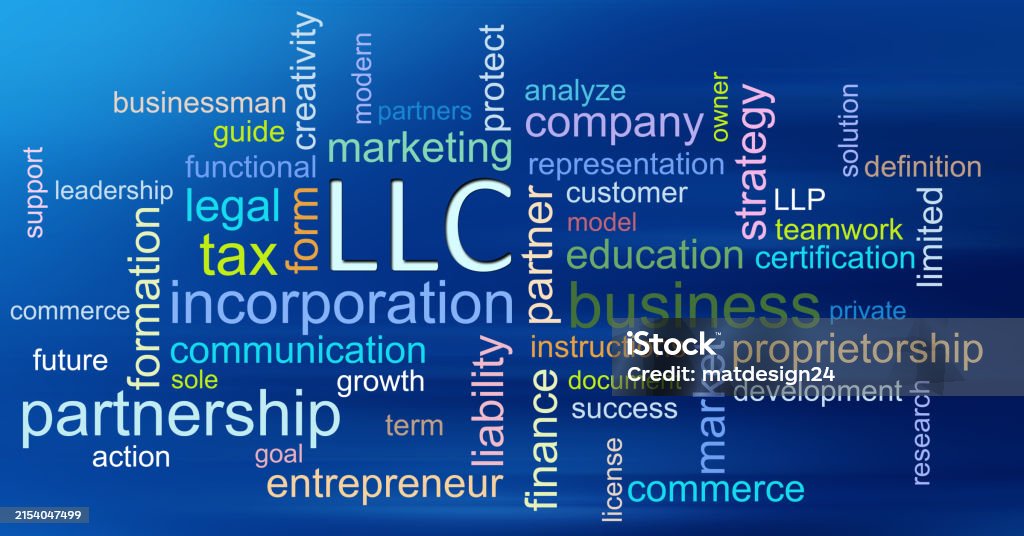Sweden is a Nordic state located in Northern Europe. Sweden is neighbored by Norway and Finland to the west and east respectively. The country is popular for its vast forests, breathtaking scenery, lakes, and archipelagos. Sweden is a welfare state and offers one of the best benefits and welfare programs to its citizens.
Sweden’s economy can be categorized as a fusion of capitalist and socialist systems, with a strong emphasis on innovation and technology. Many world-renowned brands such as IKEA, Ericsson, H&M, etc. belong to Sweden. Culturally, Sweden is characterized by traditions such as the Midsummer, Lucia, Nobel Prize, etc.
The political system of the country is based on constitutional monarchy and parliamentary democracy, where the head of state is the King, while the prime minister performs as the operational head of the system.

Types of business structures in Sweden
Sweden is among the most economically stable countries in the world, usually ranking in the top-5 tier in terms of per-capita income, growth, trade surplus, education, welfare, etc. Foreigners and locals alike are encouraged to set up enterprises as long as they are in complete compliance with the Swedish moral, ethical, and environmental codes of business.
The most popular types of business structures are tabulated below:
| S# | Type of business structure | Local name | Min.paid-up capital requirement |
| 1. | Sole Proprietorship | Enskild firma | No paid-up capital required |
| 2. | Limited Liability Company (LLC) | Aktiebolag (AB) | €4,500 |
| 3. | Joint Stock Company (JSC) | Publikt aktiebolag (publ. AB) | Privat aktiebolag (pvt. AB) | €43,500 |
| 4. | Partnership | Kommanditbolag | limited partnership | No paid-up capital required |
| 5. | Economic Association | Ekonomisk förening | No paid-up capital required |
Sole proprietorship
A sole proprietorship is a business owned and operated by a single individual. This is the simplest and the most common business format in Sweden.
Partnership
Partnership business is divided into two types; general and limited partnership, in Sweden, investors can opt for both. Limited partners’ liabilities are limited to the extent of their share in the partnership while general partners are obliged to the full extent of their liabilities, even in a personal capacity.
Limited liability company (LLC)
A limited liability company is a separate legal entity from its owners, who are not personally liable for the company’s debts. This is a popular business structure for entrepreneurs who want to limit their personal liability.
Joint-stock company (JSC)
A joint-stock company is a business structure in which the ownership is divided into shares that can be bought and sold on the stock exchange. A joint stock company is similar to a public limited company elsewhere, with very minor differences. These differences pertain to the structure and formation of the company, while the operations and purpose are the same, i.e., to raise capital through public funding.
Economic association
An economic association is a non-profit business structure that is used by organizations that aim to promote a common economic interest, such as trade associations or professional organizations. An economic association fundamentally oversees the welfare of a certain industry, or sector instead of economic interests.
It’s important for entrepreneurs to carefully consider the advantages and disadvantages of each business structure before choosing one for their business.
Cost of incorporation and registration in Sweden
The costs involved in the registration and incorporation of a company in Sweden are influenced by various factors including the type of company, complexity of the process, services required, etc. Here are some of the costs a company is most likely to incur during the process.
Registration fees
The Swedish Companies Registration Office (Bolagsverket) charges a registration fee to incorporate a new company. The fee varies depending on the type of company and the amount of share capital. For example, the fee for registering a limited liability company (AB) with a share capital of up to €25,000 is €200 approximately (as of 2023).
Legal and accounting fees
It is recommended to seek professional legal and accounting services when incorporating a company in Sweden. These fees can vary depending on the complexity of the company’s structure and the services required.
Notary fees
Some documents related to the incorporation process may need to be notarized, which can involve additional fees.
Overall, the total cost of incorporating and registering a company in Sweden can range from €500 to €2,000 or more, depending on the factors mentioned above.
Cost of doing business in Sweden
During the normal course of business in Sweden, a business may incur costs that are termed operational expenditures or OPEX. Similarly, the cost of doing business in Sweden can vary depending on a range of factors, such as the industry, company size, location, and other specific circumstances. Here are some key factors that can impact the cost of doing business in Sweden:
Labor costs
Sweden has a highly skilled and educated workforce, and as a result, labor costs are generally higher than in some other countries. The average hourly wage in Sweden is around SEK 200-300 (as of 2023), and there are also additional costs such as social security contributions, holiday pay, and sick leave.
Taxes
Sweden has a relatively high tax burden compared to other countries, including corporate tax rates of 22% and social security contributions of around 31%.
Rent and real estate
Rental and real estate costs in Sweden can be high, particularly in urban areas such as Stockholm and Gothenburg.
Infrastructure and utilities
The cost of utilities such as electricity, heating, and water is generally high in Sweden. Additionally, some infrastructure costs, such as road tolls and public transportation fees, can also impact the cost of doing business.
Regulatory requirements
Sweden has strict regulations and requirements for businesses, which can impact the cost of compliance.
Overall, the cost of doing business in Sweden can be higher than in some other countries, but Sweden also offers a highly skilled workforce, a strong infrastructure, and a stable business environment. It’s important to carefully consider the specific costs and requirements for your industry and company when assessing the cost of doing business in Sweden.




